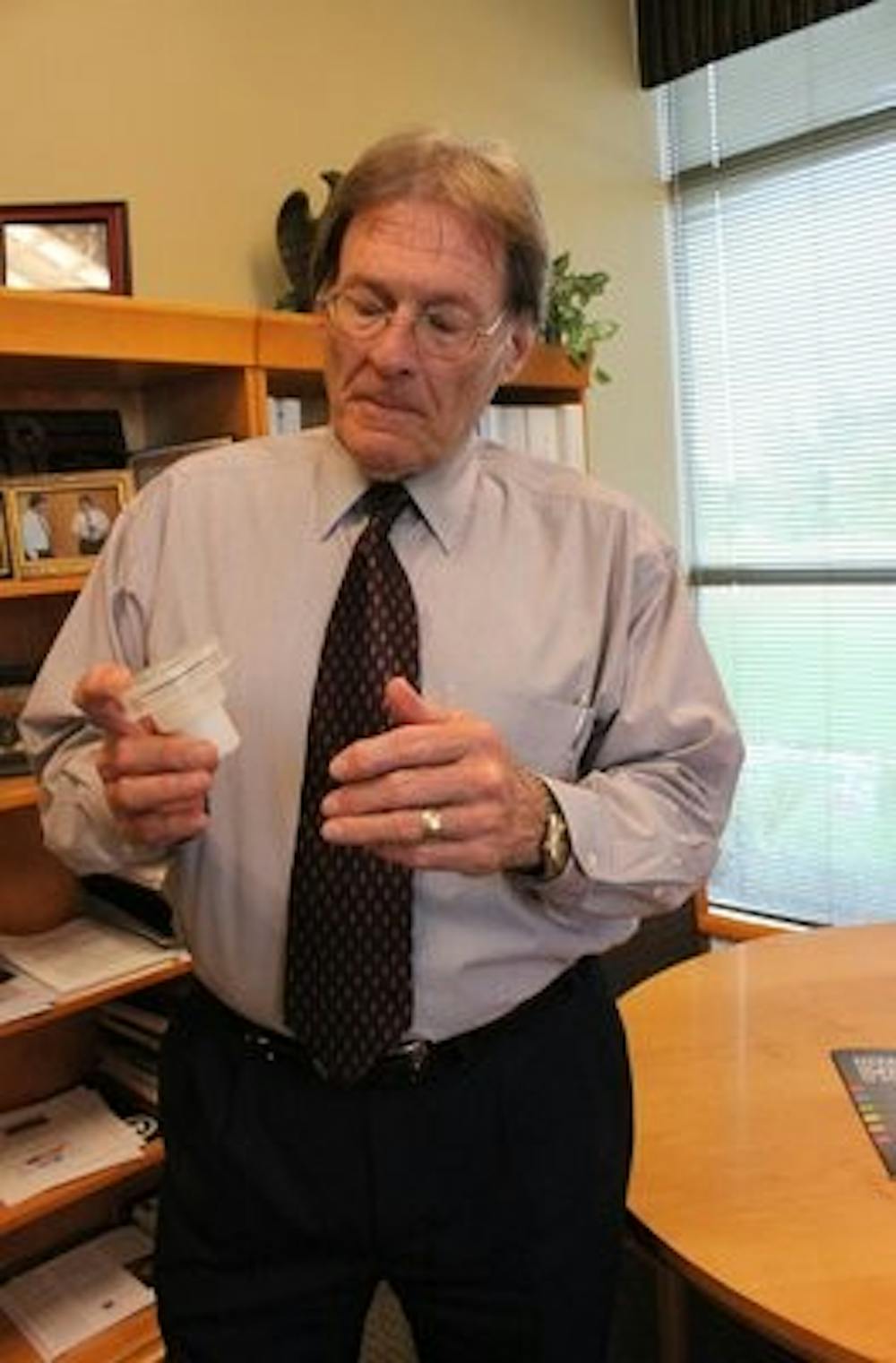After setting a university record for its number of U.S. patents and license agreements in 2010, Auburn Research is still focused on growth and expansion as its core strategic priority and strength.
The University earned 25 patents through 2010.
Faculty and students throughout the University, especially at the Auburn Research Park, work together on projects they hope can be patented and used in a commercialized market for public benefit.
These students and faculty make up a majority of the workforce in the Research department. Their efforts can be seen in a variety of fields including microbiology, health science, cyber security and even water research and protection.
Most of the work and research done by these groups is used in today's world, though most people don't notice how it affects their daily lives.
A recent project and idea Auburn research has patented is a layered bullet-resistant material made of a nonwoven textile.
This is an example of how research and development not only creates new ideas and inventions, but also improves upon ones that currently exist.
"Even though the economy is struggling a little bit, there are still businesses that are operating, and there are some that are still looking for new technologies to advance their businesses with," said John Weete, assistant vice president for technology transfer. "We are a pipeline and producer of those technologies, and we want to keep them coming out, and protecting them."
Larry Fillmer, executive director of program development, said President Jay Gogue specifically asked his department to help grow the research base at Auburn.
Auburn Research has always had a good reputation, but they still are not where they wanted to be in terms of growth and size. Most of their work is focused on developing and arranging new and useful ideas that will bring in the revenue and support to help increase their workforce and breadth of business.
"These major areas are where most of the new inventions will pop up or occur," Fillmer said. "I'm not an inventor, but those with the capability in their field have the opportunity to come up with great strategic ideas and focus, and then we can take a look at the potential ideas' commercial capabilities."
Weete said they always try to know something about a potential patent idea before they go chasing after it, and intellectual property and research must be patented sometimes in order to protect it and ensure its originality.
"One of the very first things someone has to do when attempting to get a patent is perform a patent search," Weete said. "When we come across something that might be a potential business opportunity, it's important that we protect those ideas before it's too late."
Fillmer said the research they are currently doing is connecting economic opportunities with business ideas to better help develop and direct them to where they can be used to their fullest potential.
Do you like this story? The Plainsman doesn't accept money from tuition or student fees, and we don't charge a subscription fee. But you can donate to support The Plainsman.





